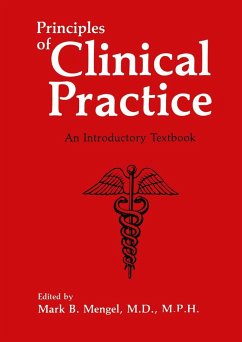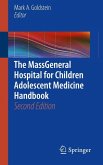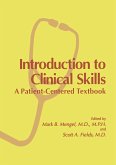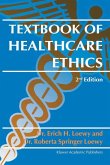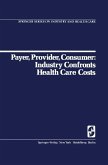As we move into the 21st century it is becoming increasingly difficult to offer appropriate introductory clinical experiences for medical students. Many schools offer clinical experiences in the first year of medical school, when the learner has little background in the traditions and origins of the doctor-patient interaction. Others begin this process in the second year, after a professional language base has been established, but concise educational materials are scarce that integrate the meaning of the privileged clinical encounter with the process and content of interviewing and examining patients. In the tertiary hospitals, where most medical schools are based, the educators must provide an orienta tion to the clinical encounter, an intensely personal experience, in the midst of glittering technological marvels that easily distract both the novice physician and the wizened teacher. Understanding the context and historical basis for the privilege of interviewing and examininganother person about intimate matters relating to health and disease is essential to this process. Considering these factors, this textbook is written to assist medical educators and medical students involved in early clinical training. As the demand for "high-tech" medicine has accelerated, so has the public concern over the loss of "high-touch" or compassionate, humane interactions with physicians. Physicians are perceived as more concerned with readouts from machines and fiberoptic views of the patient than with understanding and car ing about the people we have labeled as patients.
Hinweis: Dieser Artikel kann nur an eine deutsche Lieferadresse ausgeliefert werden.
Hinweis: Dieser Artikel kann nur an eine deutsche Lieferadresse ausgeliefert werden.

